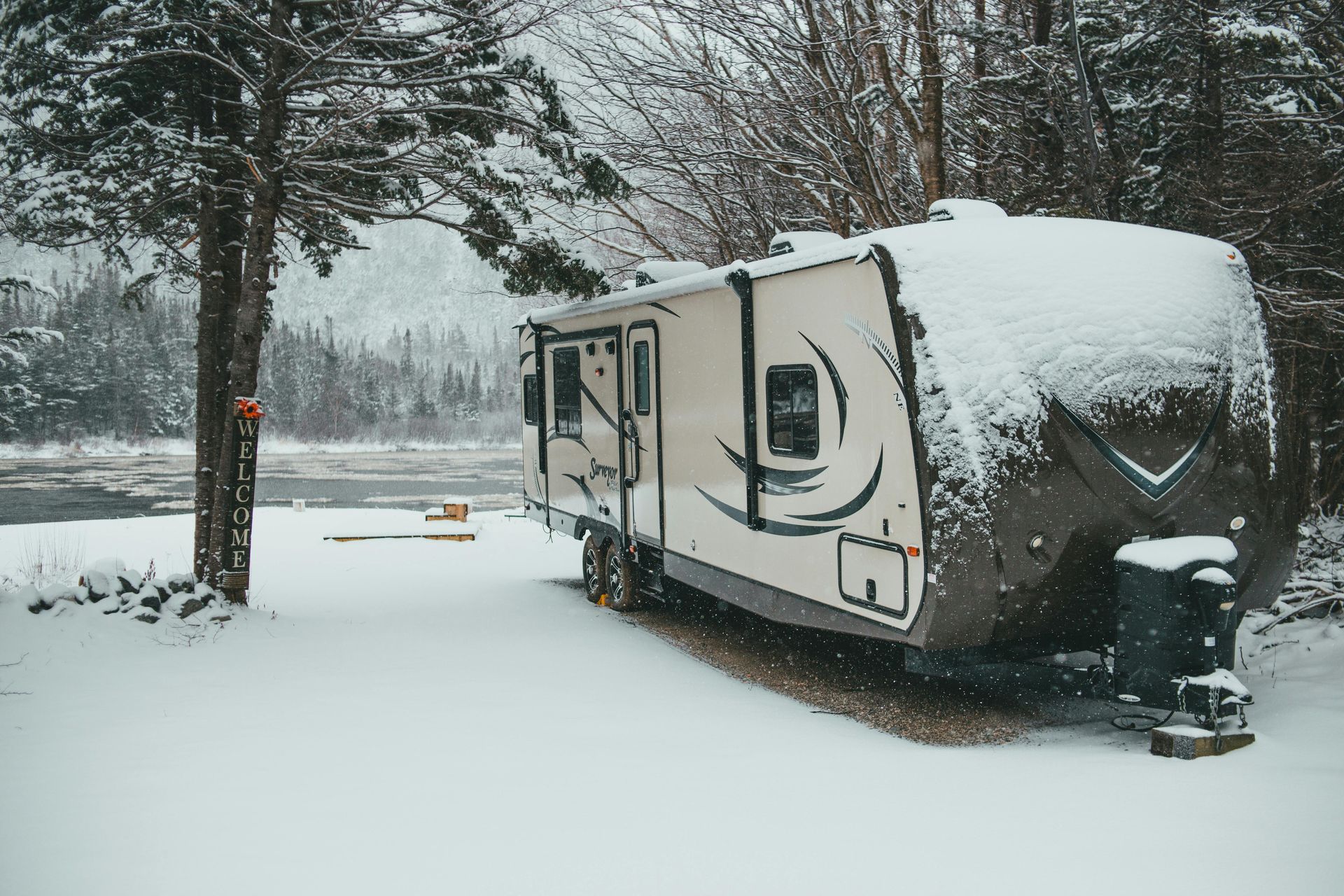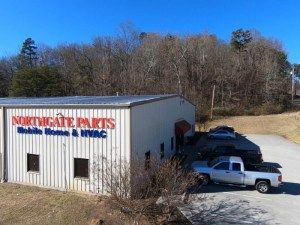Protect Your Investment: How to Winterize Your RV
Essential Steps to Keep Your RV Safe During Winter
As temperatures drop, it's crucial to winterize your RV to prevent costly damage and ensure it's ready for your next adventure. Failing to protect your plumbing, engine, and exterior from freezing conditions can lead to burst pipes, cracked seals, and other expensive repairs. This guide will walk you through how to properly winterize your RV, covering plumbing system prep, exterior protection, battery maintenance, and more.
Follow these steps to safeguard your investment, and if you need assistance, the experts at Northgate Parts RV Center are here to help! Call (423) 870-1515 for professional winterization services.
Why Winterizing Your RV is Essential
Winter weather can be harsh on your RV, especially if it's not properly prepared. Here’s why winterizing is a must:
- Prevents water lines from freezing and bursting
- Protects the engine and battery from damage
- Keeps seals and exteriors from cracking
- Saves you money on costly repairs
- Ensures a hassle-free start to spring camping season
By taking a few preventive steps now, you can avoid major issues later and extend the life of your RV.
Step-by-Step Guide to Winterizing Your RV
1. Drain & Protect Your Water System
One of the most important steps in winterizing your RV is removing water from the plumbing system to prevent freezing and damage.
🔹 Drain the fresh water tank, gray water tank, and black water tank
🔹 Flush out the water heater and bypass it to prevent antifreeze waste
🔹 Use RV antifreeze to protect water lines (Don’t use automotive antifreeze!)
💡 Pro Tip: Use non-toxic RV antifreeze, which is safe for your plumbing system.
2. Protect the Exterior & Seals
Winter conditions can cause cracking, leaks, and deterioration if your RV's exterior isn’t properly sealed.
🔹 Inspect all seals around windows, doors, and roof vents
🔹 Apply RV sealant to any cracks or weak spots
🔹 Cover vents and AC units to prevent debris buildup
🔹 Use an RV cover to protect against snow, ice, and UV damage
🚐 Need supplies? Call Northgate Parts RV Center at (423) 870-1515 to find the right sealants and covers for your RV.
3. Maintain Your Battery & Engine
If you're storing your RV for the winter, battery and engine maintenance is key.
🔹 Remove the battery and store it in a dry, warm place
🔹 Keep the battery charged with a maintainer or trickle charger
🔹 Top off fluids (coolant, oil, brake, and transmission fluids)
🔹 Run the engine and generator periodically
💡 Pro Tip: If storing for an extended period, add fuel stabilizer to prevent fuel breakdown.
4. Protect Your Interior & Appliances
Cold temperatures and moisture can cause interior damage, leading to mold, odors, and cracked appliances.
🔹 Defrost and clean the refrigerator, then leave doors open
🔹 Place moisture absorbers inside to prevent condensation
🔹 Remove food and perishable items to avoid pests
🔹 Close blinds and curtains to protect against UV damage
🚐 Need help winterizing your RV? Call Northgate Parts RV Center at (423) 870-1515 to schedule a service.
Bonus Tips for RV Storage During Winter
✔ Park on level ground to prevent uneven tire wear
✔ Use tire covers to protect from freezing temperatures
✔ Disconnect propane tanks and store them in a safe location
✔ Check periodically for leaks, pests, or moisture buildup
By following these simple winterization steps, your RV will be protected all season long and ready to hit the road when warmer weather returns!
Need Help Winterizing Your RV? Call Northgate Parts RV Center Today!
Winterizing your RV properly can save you from expensive repairs and unwanted surprises when spring arrives. If you need expert help or high-quality winterization products, Northgate Parts RV Center has you covered! 📞 Call (423) 870-1515 today to speak with a winterization expert or schedule a professional RV winterization service. 🔥 Protect your investment now, and be ready for adventure later!
Other Articles from Northgate Parts




